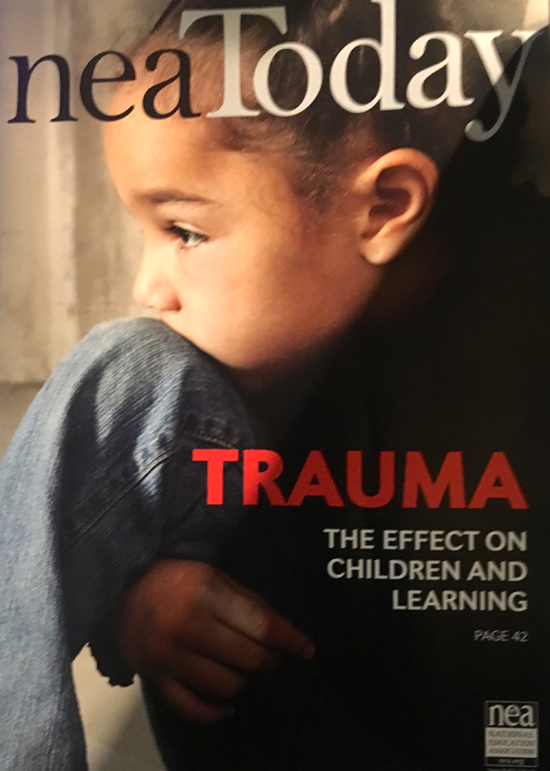This is an urgent call to action to address the effects of trauma on children born and raised in communities wracked by gang warfare and day-to-day violence in Belizean society. The trauma effects on Belizean children living in violent communities like Belize City and other similar municipalities across the country like Dangriga, Orange Walk Town, and Cayo to mention just a few, has paralleled that of the inner cities of the United States and other countries in Central America and the Caribbean that have seen trauma become a serious factor in the learning disabilities of children.
Not only is Belize being affected by traumas of violent sorts, but it also has developed trauma associated with hunger. Belizean children, particularly in Belize City, are attending schools across the country, under a serious food and nutrition crisis. In a country that boasts a large fertile land mass, there is a scarcity of the nutritious food that is vital for children’s educational and health development in Belize. It appears that Belizean leadership has been going its own way and is not even aware of studies provided by partners in child development like UNICEF and other institutions that sounded this alarm some many years ago. It appears that from one administration to the other that alarm has fallen on deaf ears. Still, too many Belizean children over the years are going to school hungry and are not coming home to a healthy diet after their afternoon break from school. It is a very common sight in Belize today to see children in their school uniforms in Belize City buying Chinese fried chicken and consuming a pack of Ramen Noodles as a meal before going back to school for the remaining half of the day to learn. How can any child sit in a classroom and learn under such adverse conditions in Belizean education today? Absolutely not!

But the biggest trauma today affecting Belizean children, like their counterparts in the minority communities of the U.S. inner cities and the Central American republics around them, is the trauma associated with violence that is mostly produced from gangs and poverty. Belizean communities across the country of Belize have been experiencing an increase of poverty due to Belize’s financial problems, and push-and-pull factors associated with it. Studies like the Gayle Study in Belize have shown that these communities are wracked by unprecedented violence that shows no end in sight, since the factors to address them are absent and government appears not able to cope.
Belizean children on a regular basis experience moments of violence during their fragile development stages, and so they are traumatized by fear, developing a lack of confidence as a result. Most of these children are emotionally disturbed and therefore they do not want to participate in the vibrant circle of learning. They are muted in a classroom and cannot speak and function normally because they are bombarded by images of the violence they see and hear every day in their communities and daily lives. Trauma has occupied the mental space for learning, and many children have become troublemakers, lashing out at the images that bother their young delicate minds, fighting in class, and giving trouble. They are forced to grow up too early because of seeing so many acts and images of violence, whether gun violence, hunger, or those of a sexual nature.
Belize, like our counterparts in the U.S., the Caribbean, and Central America, must begin to address this crisis confronting our precious human resource – our children. It can do so by partnering with Belizean professionals in education in the diaspora who are being professionally trained as educators in some of the most violent neighborhood schools across the U.S., and teaming up with Belizean educational professionals on the ground in Belize organizing a campaign of regular educational workshops around the summer and other open times in Belize’s education calendar. This will help to train and prepare the Belizean educators in strategies that will assist them to manage and arrest aspects of trauma associated with violence.
The problem is addressed when small but big people like Belizeans at home and abroad begin to do big things in a circle of power called hands across Belize. Let’s do this!

